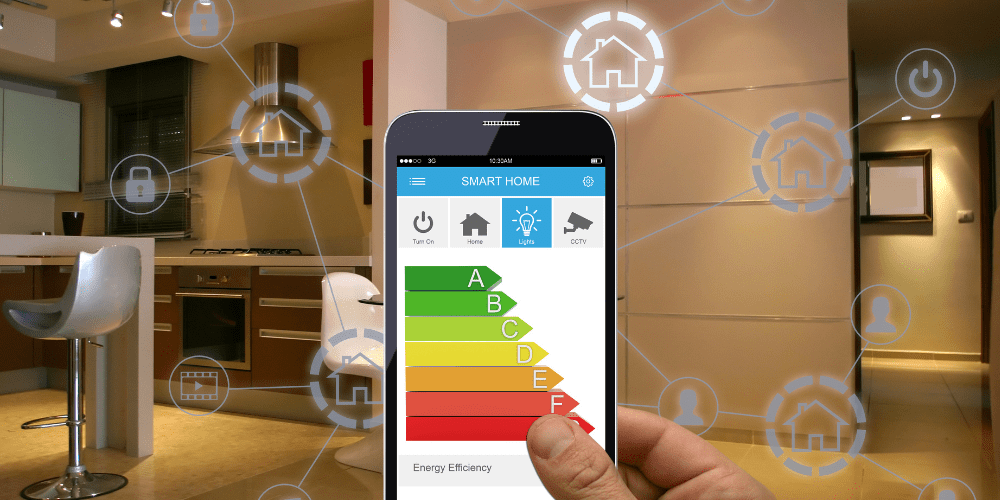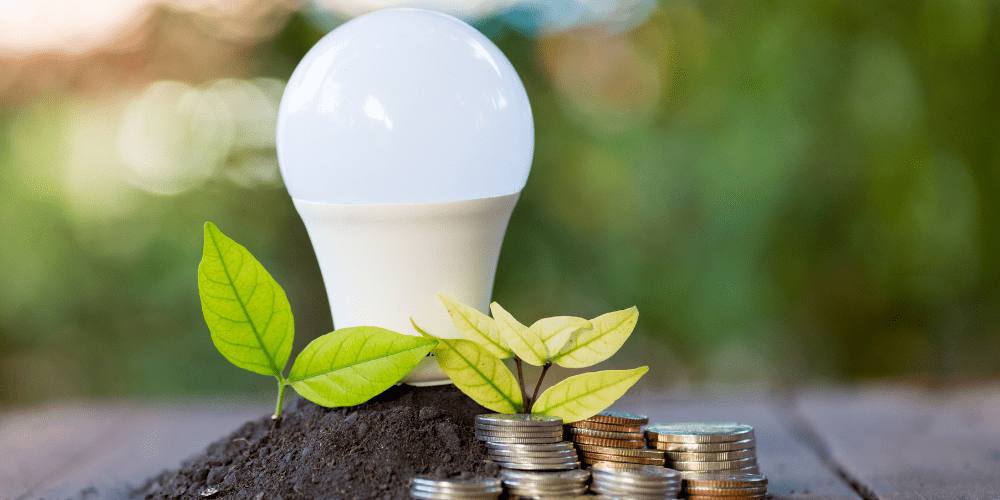Green Remodeling: Making Your Wallingford Home More Energy-Efficient
Often, when homeowners consider a remodeling project for a Wallingford home, they think in terms of adding space, functionality, and comfort to their homes. Those are great reasons to remodel (and here’s a post that addresses some additional reasons). But what if, in addition to those reasons, you could also add significant efficiency? Of course, comfort, long-term savings, and peace of mind are great reasons to remodel with green features and technology.
We’ve talked previously about how using the right materials can make a big difference, but there are other steps you can take when remodeling your home that can help reduce your utility bills or even increase the value of your home. Sunwood is here to explore some of the top features to consider when selecting green features for your Wallingford home remodel.
Solar Panels
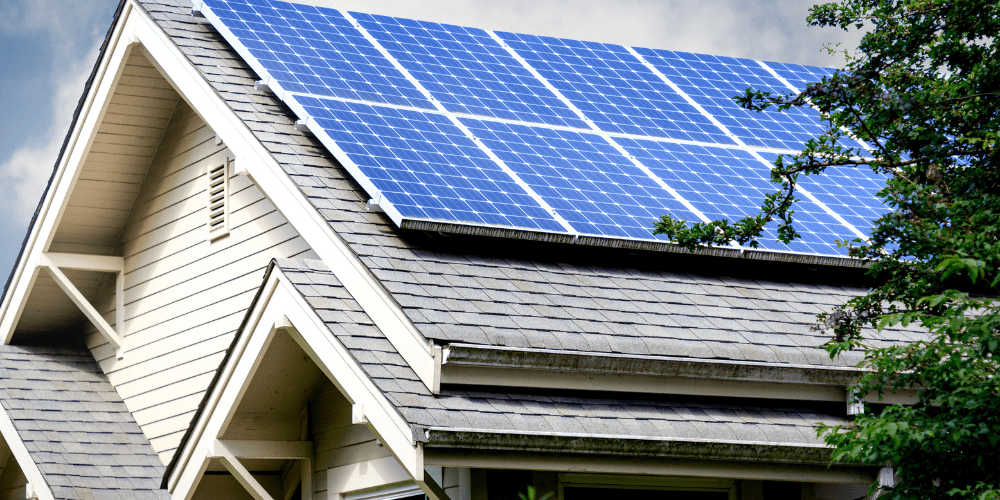
Solar panels are a popular consideration for an energy-efficient remodeling project. Consulting with a local solar energy provider can offer personalized insights. While the initial investment can be substantial, the long-term benefits of solar panels in Wallingford, CT, make them a compelling addition to any energy-efficient remodeling project.
Options for Solar Panel Installation
- Roof-Mounted Panels: The most common option, ideal for homes with adequate roof space and exposure to sunlight. These panels are installed directly on your roof.
- Ground-Mounted Panels: A viable alternative if roof space is limited or unsuitable. These panels are installed on the ground on your property.
- Solar Shingles: A newer technology, solar shingles integrate into your roof like traditional shingles, offering a more aesthetic solution.
When Does Adding Solar Panels Make Sense?
- Sun Exposure: Homes with significant exposure to sunlight, particularly south-facing roofs, are ideal candidates.
- Energy Consumption: Higher electricity usage can mean greater savings with solar power.
- Roof Condition: Your roof should be in good condition for roof-mounted solar. If it needs repair or replacement soon, it’s best to address that before installation.
Is Adding Solar Panels to My Remodel a Good Idea?
- Long-Term Savings: Despite the upfront cost, solar panels can lead to significant savings on electricity bills over time.
- Environmental Impact: Solar energy reduces reliance on fossil fuels, helping to lower your carbon footprint.
- Property Value: Homes with solar panels often see an increase in property value.
- Energy Independence: Solar panels can provide a degree of energy independence, particularly valuable in areas with frequent power outages.
Take Advantage of Financial Incentives for Energy-Efficient Systems

Embracing green remodeling in Connecticut not only contributes to a more sustainable environment but can also be financially advantageous, thanks to various state incentives and programs. These initiatives are designed to encourage homeowners to adopt eco-friendly practices in their renovation projects.
-
Energy Efficiency Rebates and Grants: Connecticut offers a range of rebate programs for energy-efficient upgrades. These can include rebates for installing energy-efficient appliances, HVAC systems, and insulation. The Connecticut Energy Efficiency Fund, for example, provides incentives for residential customers who undertake energy-saving measures.
-
Residential Renewable Energy Savings Program: For those considering solar panels, Connecticut has programs like the Residential Renewable Energy Savings Program. This initiative provides financial support to homeowners installing solar photovoltaic systems, reducing the overall cost of installation.
-
Green Energy Tax Credits: Homeowners in Connecticut can also take advantage of federal tax credits for energy efficiency improvements. These credits can cover a portion of the costs for solar energy systems, wind energy installations, geothermal heat pumps, and other renewable energy upgrades.
-
Property Assessed Clean Energy (PACE) Financing: PACE is an innovative financing mechanism that enables low-cost, long-term funding for energy efficiency, renewable energy, and water conservation projects. This program allows homeowners to finance green upgrades through an assessment on their property tax bill, spreading the cost over a period that aligns with the life of the improvement.
Explore Efficient Lighting
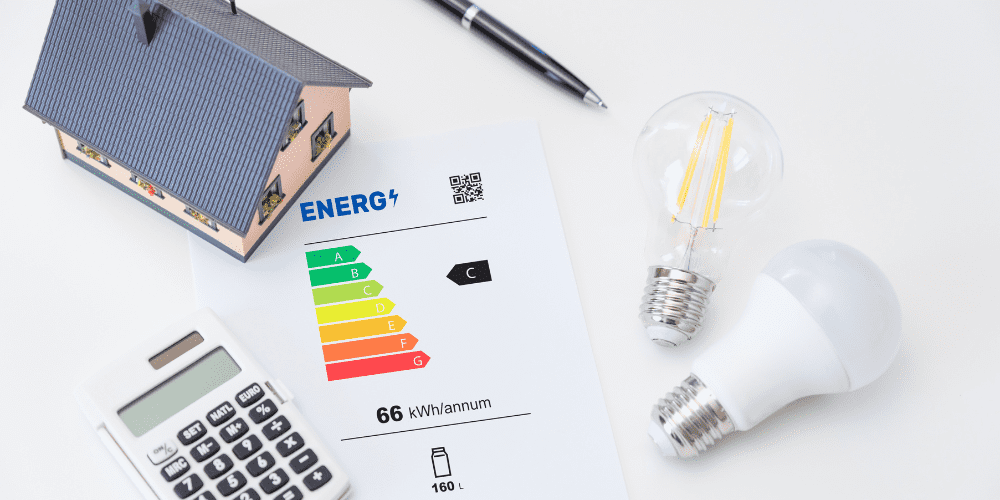
Transforming your home’s lighting to be more energy-efficient is a simple yet impactful way to contribute to both environmental conservation and cost savings.
LED Lighting
LED (Light Emitting Diode) lights are a revolutionary step forward in energy efficiency. Unlike traditional incandescent bulbs, LEDs use a semiconductor to convert electricity into light, leading to significantly reduced energy consumption.-
- Benefits: LEDs last up to 25 times longer and use at least 75% less energy than incandescent lighting. They also produce much less heat, making them safer and more comfortable in home environments.
- Smart Options: Smart LED lighting systems provide the convenience of remote control, the ability to adjust brightness and color, and the option to program lighting scenes. They can also contribute to energy savings by allowing you to monitor usage and ensuring lights are off when not needed.
Other Energy-Efficient Options
- Compact Fluorescent Lamps (CFLs): These are more energy-efficient than incandescent bulbs and can be used as a transitional option. However, they contain a small amount of mercury, requiring careful disposal.
- Halogen Incandescents: These offer better energy efficiency than traditional incandescents and are available in a wide range of shapes and sizes. However, they are not as efficient as LEDs or CFLs.
Consider Green Building Materials
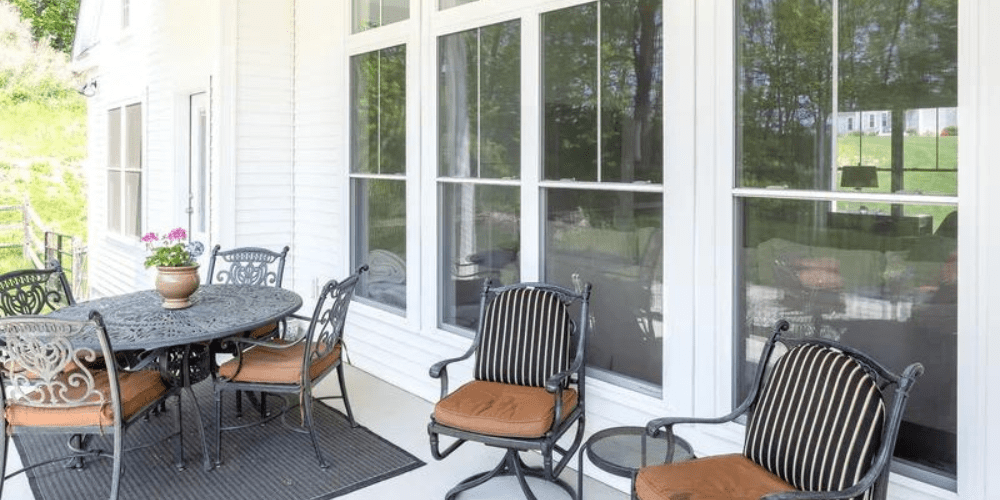
Embracing green building materials is a key aspect of eco-friendly remodeling. These materials are sustainably sourced, energy-efficient, and often have a smaller environmental footprint compared to traditional building materials.
-
Sustainable Wood: Opt for certified sustainably harvested wood, bamboo, or cork for flooring and cabinetry. These materials are renewable and less harmful to the environment.
-
Recycled Materials: Consider using recycled or reclaimed materials such as glass for countertops or reclaimed wood for flooring and walls. This not only adds unique character to your home but also reduces waste.
-
Low-VOC Products: Choose paints, sealants, and adhesives that have low volatile organic compounds (VOCs) to ensure better indoor air quality.
-
Energy-Efficient Insulation: Eco-friendly insulation options like cellulose, wool, or polystyrene made from recycled materials can enhance your home's energy efficiency while reducing environmental impact.
-
Green Roofing: Materials like cool roof tiles or shingles reflect more sunlight and absorb less heat, reducing energy costs and improving home comfort.
Don’t Forget Insulation
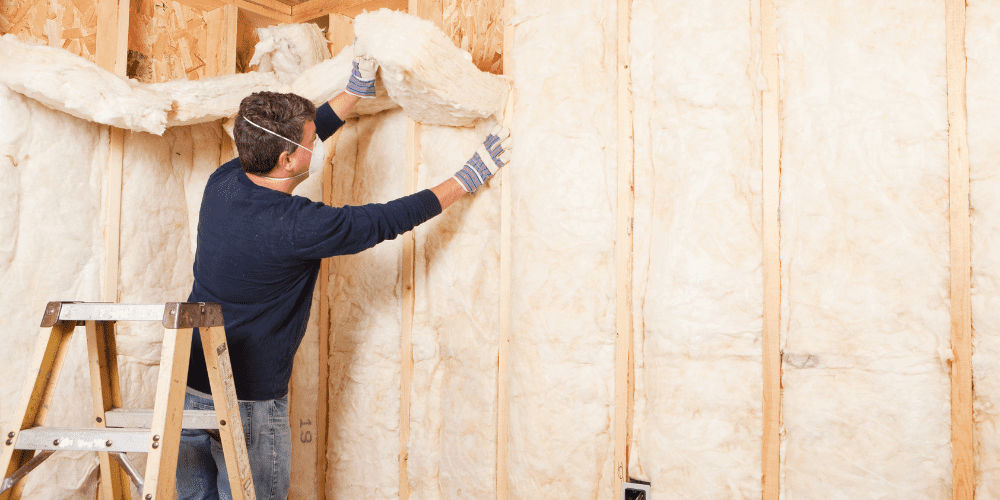
During remodeling is an excellent time to add insulation to your home. It may not seem like a terribly sexy part of the remodeling process, but the benefits in terms of comfort and savings on your utility bill can really make you feel good! Here’s a look at 16 facts about insulation in Connecticut that might raise your interest in adding this efficiency improvement to your home.
Water Conservation
Water conservation in home remodeling not only saves this precious resource but also reduces your water bills. Here are strategies to incorporate water conservation into your remodel.
-
Low-Flow Fixtures: Install low-flow faucets, showerheads, and toilets. These fixtures significantly reduce water usage without compromising performance.
-
Energy-Efficient Appliances: Opt for dishwashers and washing machines with high water efficiency ratings. These appliances use less water and energy for each cycle.
-
Rainwater Harvesting: Consider setting up a rainwater harvesting system to collect and use rainwater for irrigation and, if properly treated, for indoor non-potable uses.
-
Drought-Tolerant Landscaping: Embrace xeriscaping or drought-tolerant landscaping. This involves using native plants that require minimal watering and are well-adapted to the local climate.
-
Smart Irrigation Systems: Use smart irrigation technology that can adjust watering schedules based on weather conditions, reducing unnecessary water usage.
Whatever plans you have for remodeling your Wallingford home, don’t forget to add the element of efficiency. The increased comfort you’ll experience and the money you’ll save in the long run make it a smart choice. Ready to get started on your renovation? Contact Sunwood!


